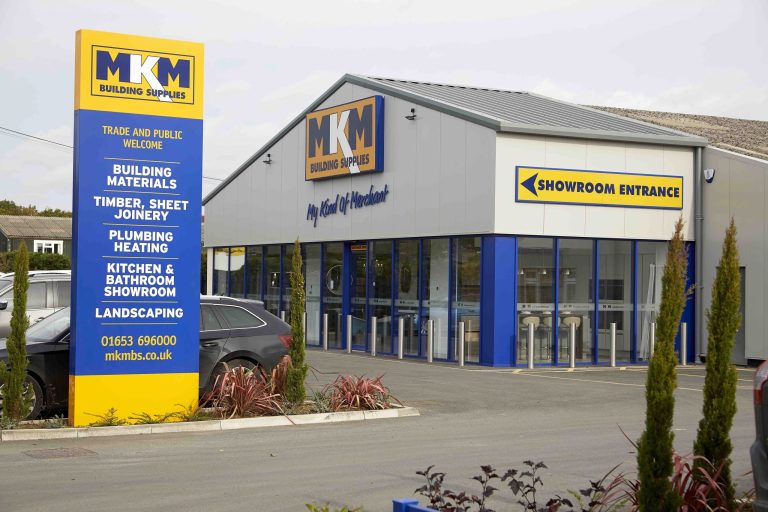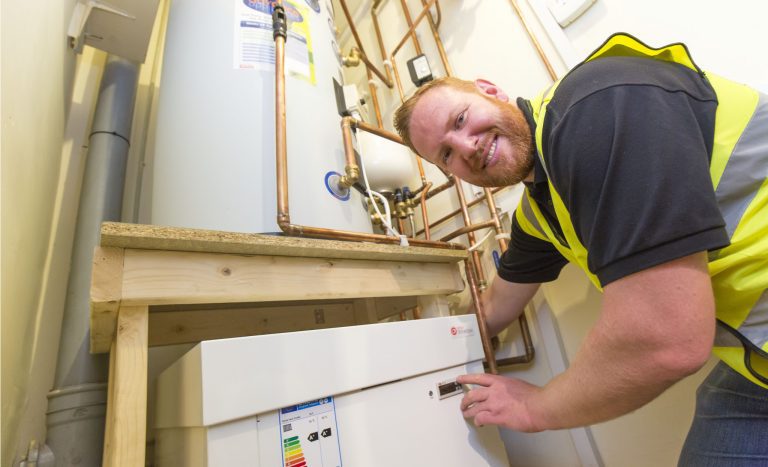Sarah Harvey has thrived for 30 years in construction recruitment. Find out how she achieved this feat and how the industry has changed over the decades. When I took my first construction recruitment job in 1989, I would never have imagined I would still be in the industry 30 years later. Thriving for three decades in this role is rare, as it’s such a tough, competitive environment to work in. My time in construction recruitment has given me a unique insight on the industry as a whole, and I wanted to discuss the evolution I’ve seen and the changes I still want to see. As we approach the end of an uncertain year, we’re hoping 2020 will be reinvigorated through political clarity. For construction talent, be it permanent or temporary staff, if you do a good job and add value, you win through. Construction An Improved Landscape The industry has undergone a major image transformation over the last 30 years and has emerged as more professional and respectable. The industry we know today is process-led, policy-driven and digitalised. The culture of the late 1980s has been largely overhauled, and as a result, we all work in a more positive sector. Whilst policy is a must in order to mitigate risk, there is a feeling that policy can be more of a tick-box exercise with the clear exception of health and safety. We have seen a complete behavioural overhaul of health and safety, and rightly so. The standards have skyrocketed, meaning workers are happier, more productive and significantly safer in their roles. Equally, 30 years ago, there was no such thing as having records and plans stored digitally. Advancements in technology have enabled plans to be viewed in 3D, making it more efficient to plan and develop construction projects. The concept of construction management software has also revolutionised the industry. It allows different parties to collaborate on projects with more ease, which means they can make necessary changes much faster. We also talk about equality, diversity and inclusion, and wanting to attract more women into construction. Fortunately, how the industry treats its stakeholders is worlds apart from where we were in the late 80s. Industry leaders who are stuck in their old ways still exist, but thankfully, they are now few and far between. They need to be as they actively deter females from the industry and cause good staff members to look for better prospects elsewhere. Where We Need to Build a Better Industry Culturally, the industry has improved, but there are issues that still need to be resolved. I think the way parties interact with each other has remained largely unchanged with confrontation still rife. Because of this, the industry loses talent that doesn’t cope well in harsh cultures. Being overly tough just isn’t the right approach for today’s talent. The industry has been very slow to adjust here, despite claiming otherwise. Staff retention hasn’t improved massively over the years, but if we adapted the same zero tolerance approach to poor management as we do to health and safety, workers will be more inclined to stay in their roles. People often tell us they feel like they’re in a straight-jacket, unable to offer ideas or honest feedback for fear of it putting a black mark against their name. Similarly, there are widespread comments that people feel like their appraisals are rushed and merely part of box-ticking process. Whilst policy is key to compliance and risk mitigation, there needs to be a greater level of sincerity around policies. We have to take them more seriously instead of using them to simply satisfy legislative criteria. I can still remember how fondly professionals spoke about their careers in the late 80s and 90s. Despite how far the construction industry has advanced, it doesn’t feel like workers these days have the same sense of team spirit and respect for each other. There seems to be a worrying sense of disillusionment with how they’re treated, with company politics and what many consider to be overkill on process. Talented professionals feel stifled and that their roles are now less skilled with the growth of automation processes. I knew many site engineers, site managers, quantity surveyors and the like who are now senior industry leaders. It seems the generation of yesteryear had a real appetite to progress, but these workers are now within a few years of retirement. As a general observation, I think those who have come through the industry in the last ten to fifteen years don’t have the same desires. This is concerning as it poses a potential problem for sourcing future leaders and begs the question as to why people don’t want these roles. It’s highly unlikely they don’t want an increase in salary, bonuses and kudos. It’s more than likely they don’t want to deal with the complicated processes, backstage politics and blame culture that many perceive comes with career progression. Towards the end of the 80s, late payment was rife. We still hear about poor payment issues today, which is leading to the same business failures we saw three decades ago. Payment has improved on the whole, but I feel it may have regressed in 2019. We talk about fair treatment and timely payment, but there are still behaviours that fly in the face of these principles. Recruitment: The Success and Failures of the Industry The recruitment industry has also evolved a great deal during my three decades in the business. When I first started out, recruitment was completely paper-based, and sales offices were smoke-filled dens of relentless, high-pressure sales activity. The role was purely phone–based and job boards were unheard of. The way in which jobseekers look for new roles now has certainly changed. Over the last few years, I have witnessed the rise of job boards, applicant tracking systems, portals and social media — LinkedIn in particular. Previously, advertising was mostly confined to industry magazines, and anyone looking for a different job would need to look at







